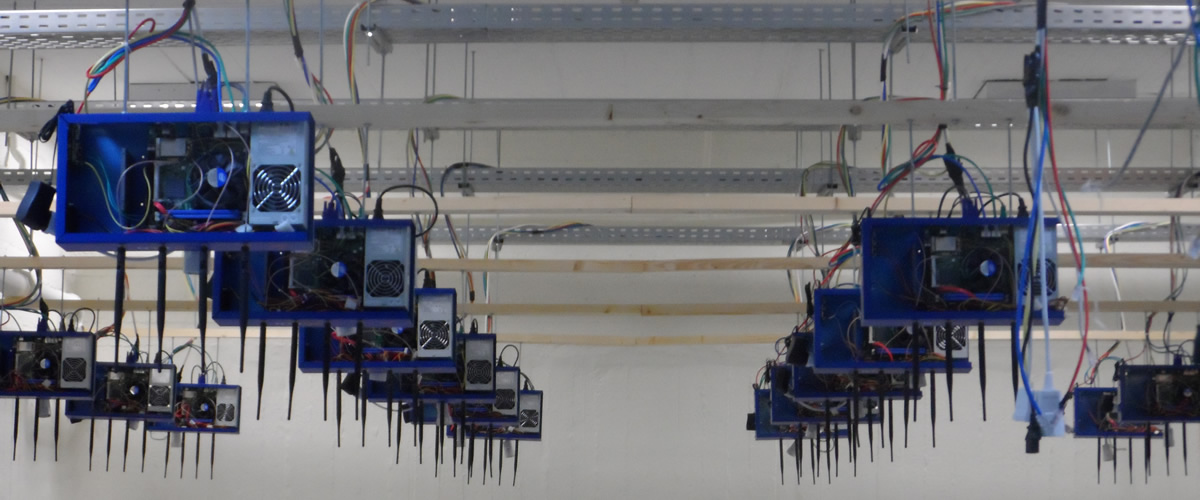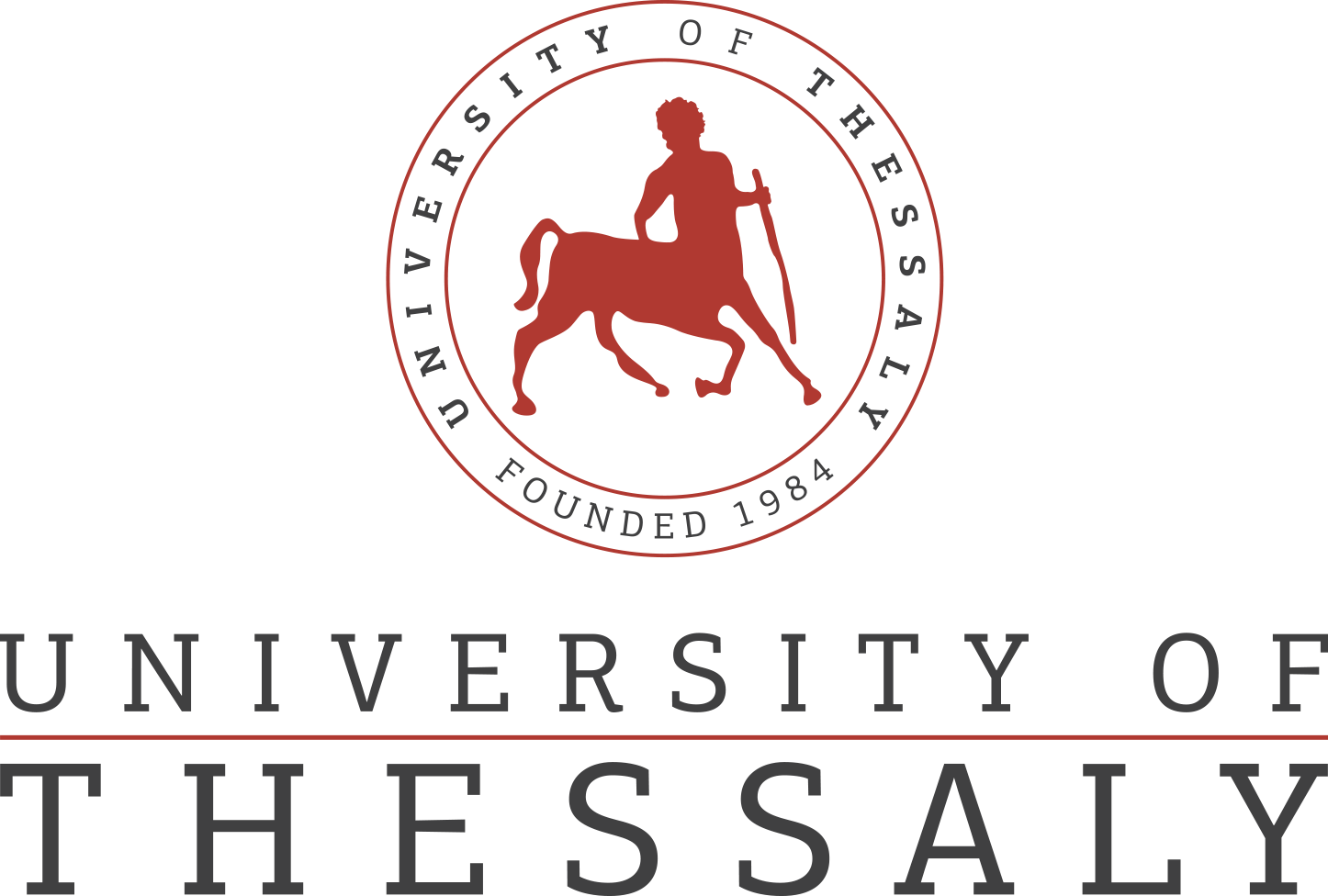5GINFIRE
The 5GINFIRE is, by design, a duality project that sets its overall technical objectives as a prerequisite for achieving a longer term strategic objective that aspires to resonate beyond its lifetime and act as valuable source of constant feedback. As such, it is indeed quite ambitious but at the same time pragmatic and feasible in identifying, building, and eventually specifying, a critical mass of technological components and optimal architecture designs.
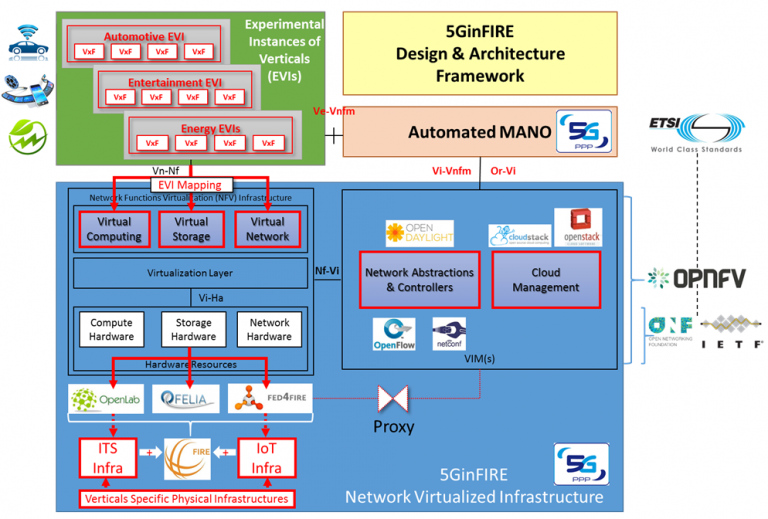
In order to guarantee architectural and technological convergence the proposed Open, and Extensible 5G NFV-based Reference (Open5G-NFV) ecosystem of Experimental Facilities will be built in alignment with on-going standardization and open source activities, also targeted by other closely related programme activities such as FIWARE and 5G-PPP to name a few. Accordingly, the Open5G-NFV FIRE ecosystem may serve as the forerunner experimental playground wherein new components, architecture designs and APIs may be tried and proposed before they are ported to more industrially “mainstream” 5G networks that are expected to emerge in large scale.
Accordingly, the specific 5GINFIRE project objectives are defined as follows:
- Establish the first 5G NFV-enabled experimental testbed capable of instantiating and supporting vertical industries based on industry-leading and open source technologies.
- Specify, Implement and Operate Verticals drawn from the Automotive Industry on top of the Open5G-NFV common experimental facility.
- Provide a platform for innovation in Europe specifically suitable for SMEs
- Develop open source Management and Orchestration (MANO) functionality and toolsets for experimental architecture instantiation featuring automation of deployment process, orchestration and lifecycle management aiming at enabling truly Open Experimentation that fosters innovation.
- Enable in-testbed and extra-testbed demonstrations in an open reference platform.
- Open software and APIs for rapid prototyping and inclusion of new building block functionalities with the necessary metadata definition.
- Accelerate the formation of an open European-initiated, global-reach, long-term sustainable community and liaise with other relevant initiatives to further the goals of this project.
University of Thessaly is participating as an Open Caller.
Project's website: https://5ginfire.eu/
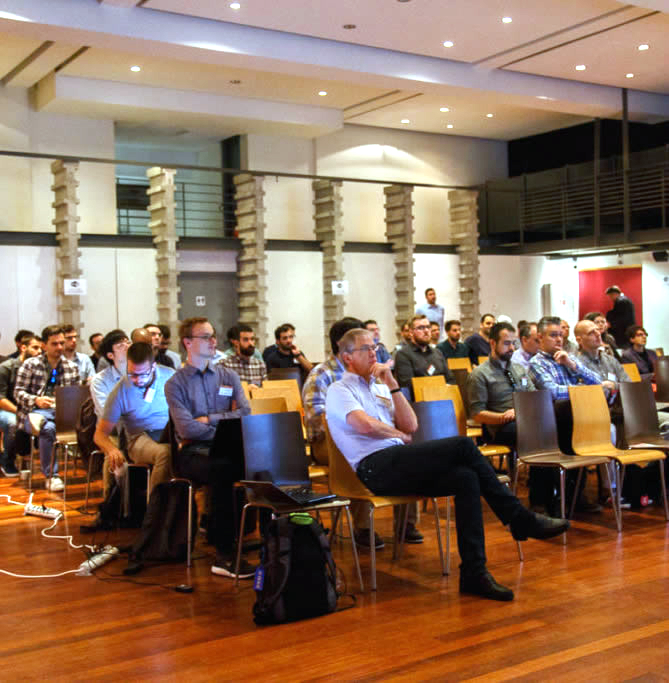
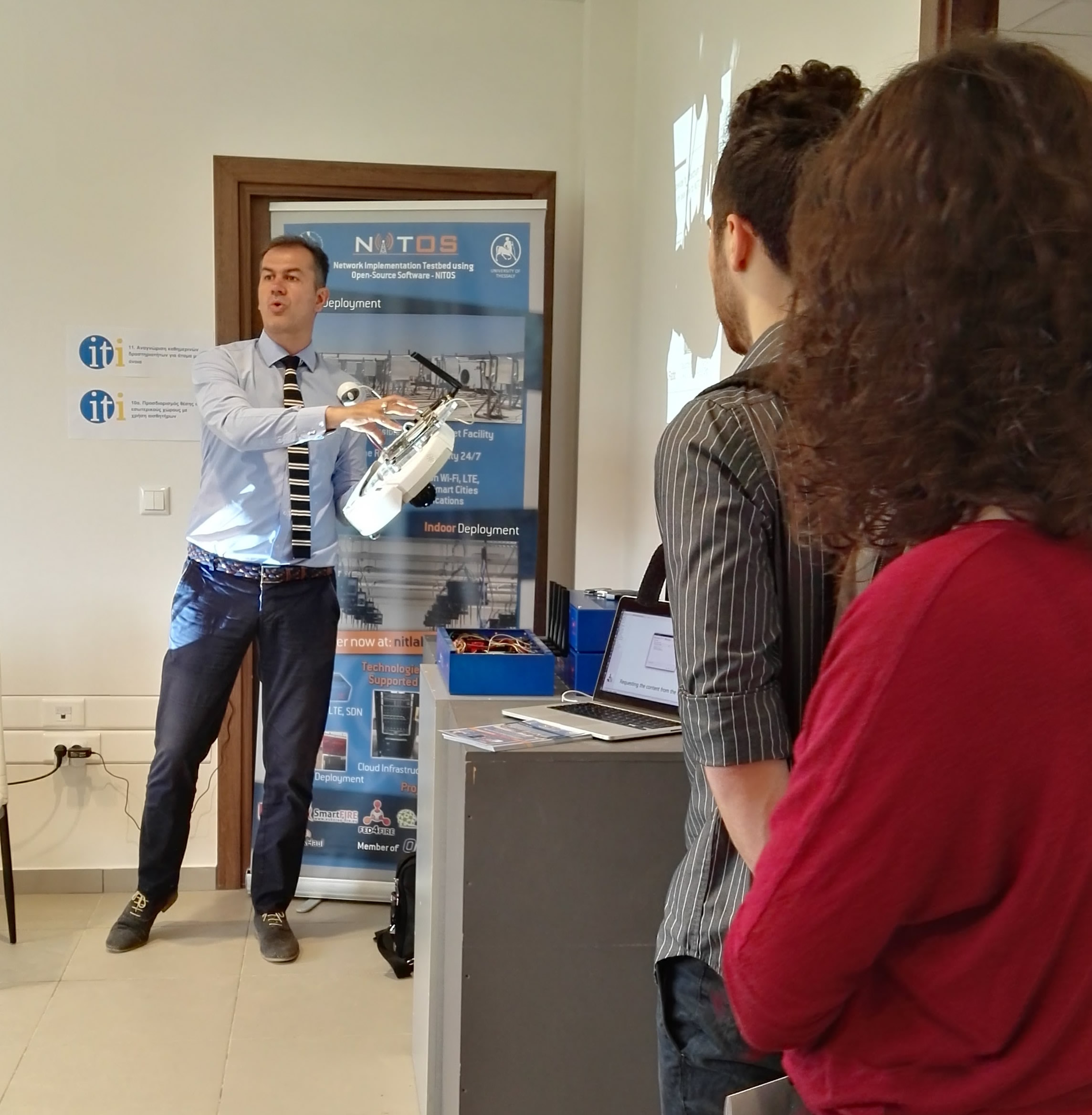
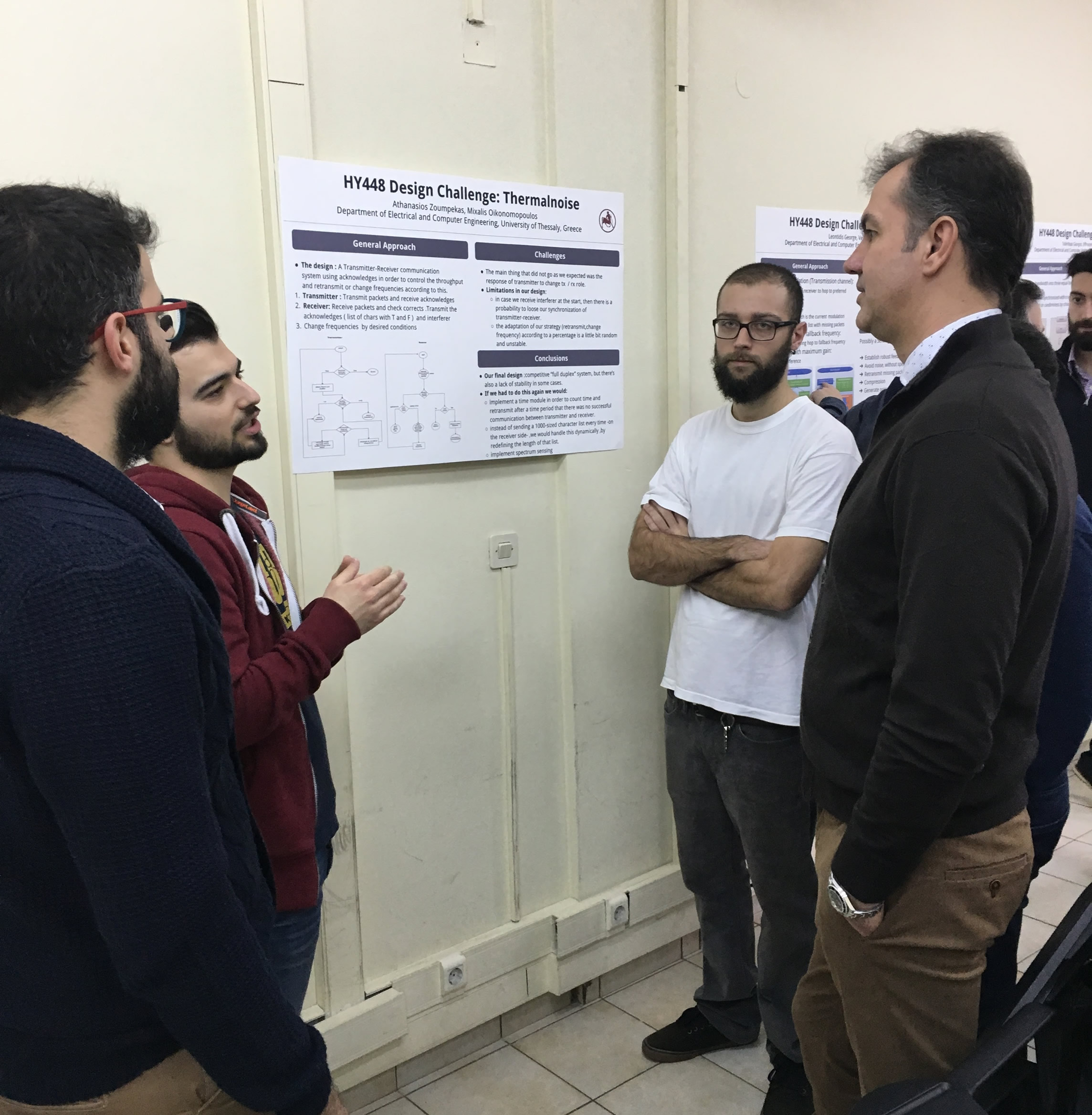

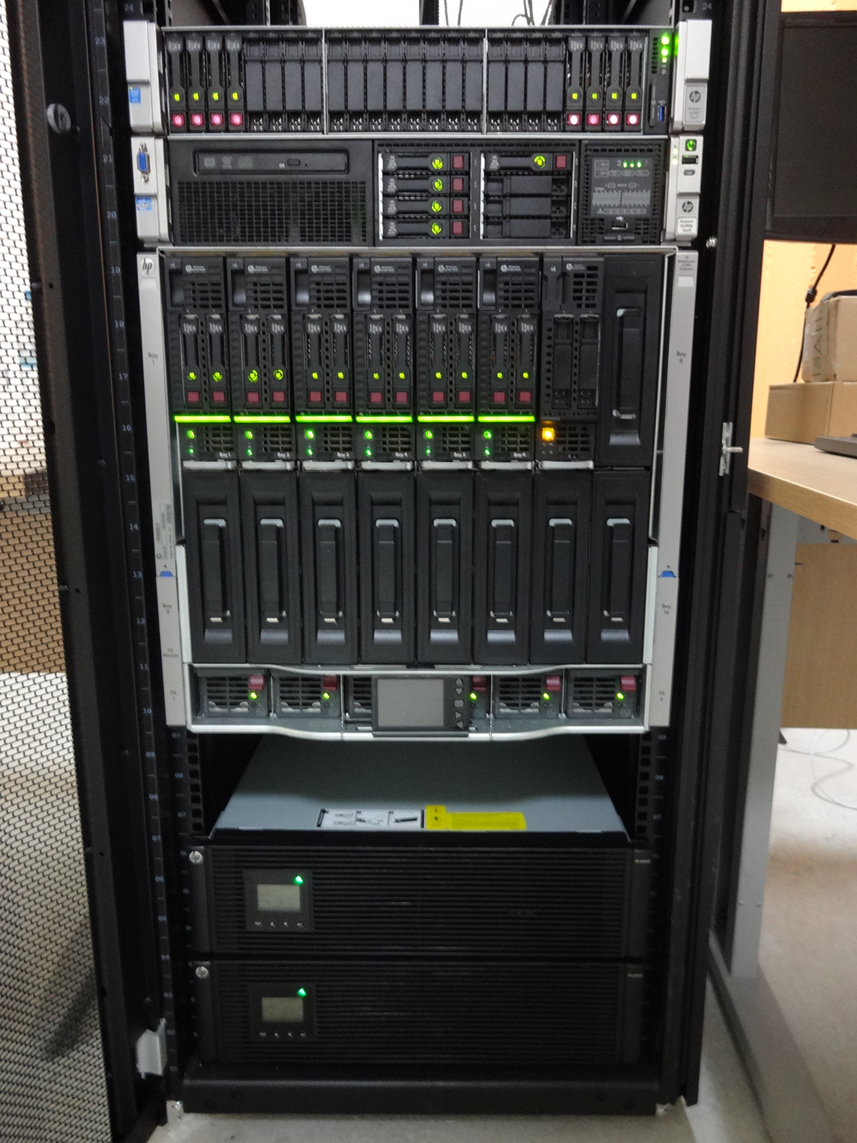 Each blade server has
Each blade server has
